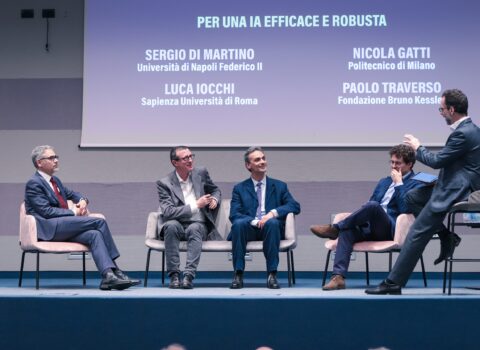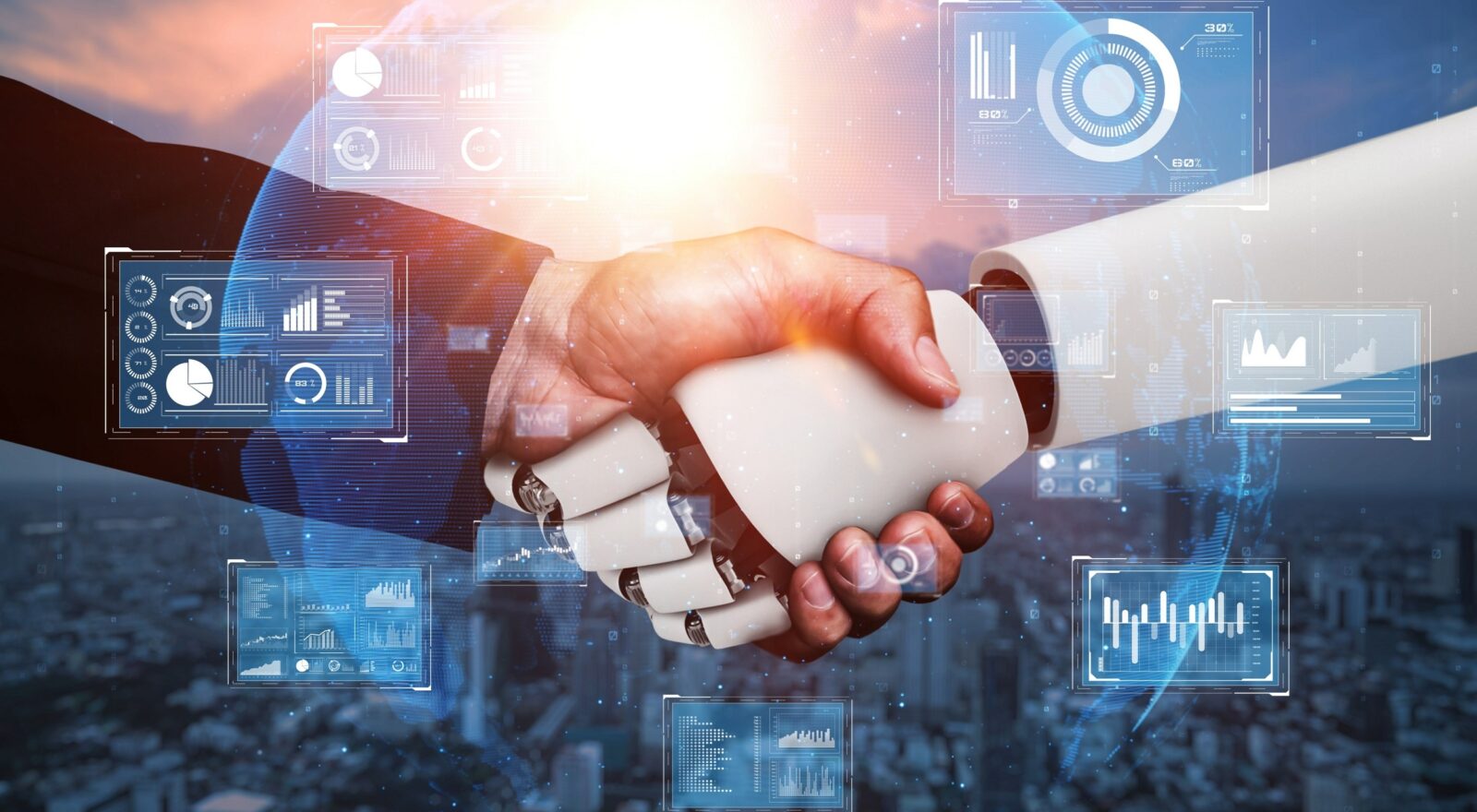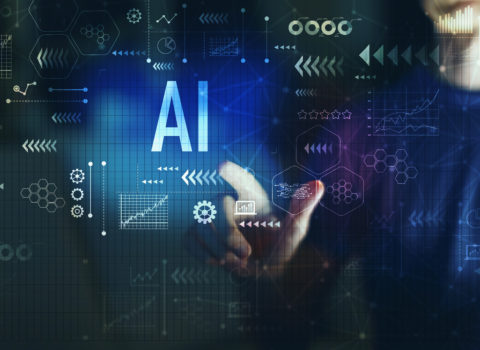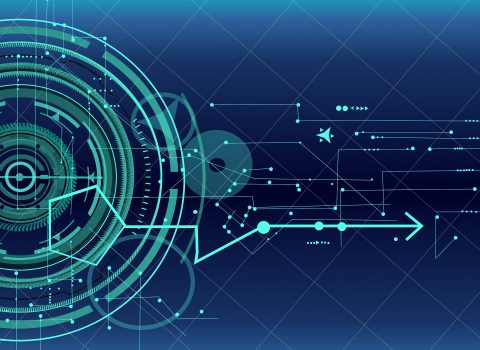
The European (and Italian) road to a new artificial intelligence
The European challenge for the artificial intelligence to come: being less muscular than the "made in the U.S.A." or "made in China" ones, more creative and above all capable of integrating skills and technologies to make people and machines work together. It is Integrative AI capable of creating solutions that will have an impact in many areas of our daily lives: health, cities, local areas, work.
AI has proven to solve very specific tasks with precision. To make a real quantum leap, we would need more integrated AI that truly can help us with the big challenges that affect health, work, and the cities in which we live and will live, to make them increasingly habitable, safe, and sustainable. We need, ultimately, to move from a separate set of specific tasks to an AI that integrates different approaches and different technologies.
An integrative AI is entirely novel in some ways because it is capable of learning from data as well as models and fusing them together. The example of data in health care, in curative and predictive medicine may be useful: if we were able to make all the data on the health of Italians interoperable, we would have billions of information per day from which to derive patterns and thus useful suggestions for monitoring everyone’s health, to facilitate the work of general practitioners, health care professionals and specialists, but also to directly help patients in the daily management of their health, in the adoption of care and in targeted suggestions on correct lifestyles to follow with a view to preventing future conditions. At the same time, the wealth of knowledge of physicians is critical to interpreting and making sense of what machines can tell us.
Interaction between machines and people (specialists and users), in which technologies know, however, when and where it is appropriate to stop and give way to the informed choice and expertise of the human being. When we talk about integrative AI, we are referring to precisely this: to the possibility of thinking about intelligence that enhances both contributions.
The most intelligent system is not the one that does everything automatically, because if it can do everything automatically it means that the environment in which it operates is totally predictable, highly structured, and the perimeter in which it has to act is very clear. The smartest system is the one that can understand when it needs to hand over control to people and interact with people, for various reasons: for example, because an unforeseen event happens that cannot be handled automatically or because it is instead not “right” to do so, for legal, ethical, or social reasons, and that is why it is appropriate to interact with and involve people.
No one believes that the future will be the automated factory, made by machines alone. Much more likely in the future machines and people will work side by side, to make human work less burdensome and more effective. Moreover, if people bring a potentially problematic level of uncertainty to the management of some processes, the new integrative AI is able to recognize and discern behaviors because of the synergy between automation and interaction techniques.
Similar considerations can be made for assisted driving. In fact, the challenge is not only technical, but also ethical, and concerns determining in which cases it is appropriate for a machine to decide or not to decide on its own, while being able to calculate and conclude which decisions to make autonomously. This may apply for reasons not only purely technical, but also social, regulatory, and convenience reasons, which ultimately leave the final say to us.
On March 9, FBK launched – along with the CNR, which is its lead partner, and several universities and other national public and private partners – a new system-wide initiative under the PNRR-Next Generation EU program: the FAIR Foundation. The acronym stands for Future Artificial Intelligence Research, and this kind of future, not only within reach but also desirable, is what is really at stake.
Within this partnership, Fondazione Bruno Kessler will have an important responsibility, based on its European-wide recognized expertise and the result of research conducted over the past 35 years in various AI areas of specialization: coordinating and leading the Spoke dedicated to Integrative AI.
The common goal is to achieve a paradigm shift that will enable us to bring tangible results in a great many areas such as health, care and prevention, the digitization of public administration (for example, with the creation of real “digital twins” for cities) and will also help us innovate sectors such as agriculture in the name of sustainability, saving key resources such as water and using fewer pesticides.
To do all this, it is not enough to bring together different technologies, but to build a new theory that encompasses many different disciplines and skills. This is also the reason for the leadership of FBK, which encompasses very diverse expertise that exists and dialogues with each other. At the Foundation, we have excellence in different areas, such as techniques in learning from data and model-based reasoning, as well as expertise in the humanities and social sciences. All are working in strong synergy precisely to create integrated models for a new artificial intelligence that does not yet exist.
The hope is that Europe, also thanks to our contribution, will mark a third road: the bet of integrative AI is, in this sense, also central from a geopolitical standpoint. Our beacon will be, as always, to build first and foremost an AI that meets social rules and needs and is aimed primarily at the good of people.




